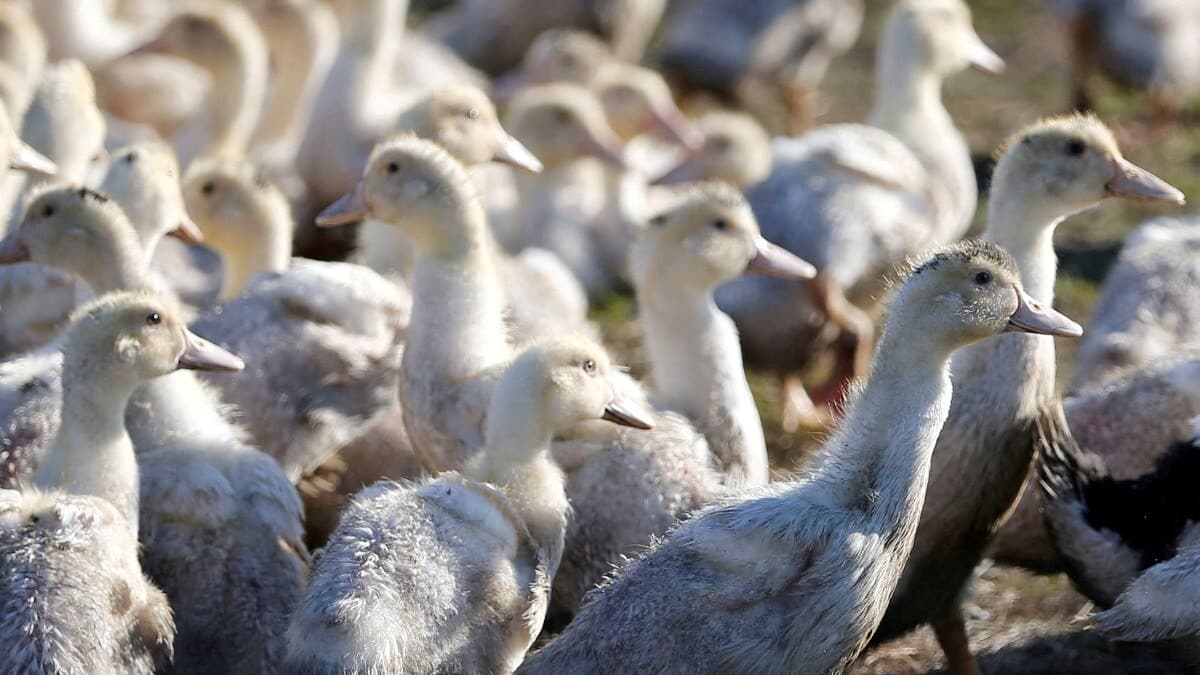
US confirms first-ever 'severe' human bird flu; California declares emergency
What's the story
California Governor Gavin Newsom has declared a state of emergency as bird flu spreads rapidly among dairy cattle.
The outbreak has made California the nation's hotspot for cattle infections. In just the past month, over 300 dairy herds in the state have tested positive for bird flu.
"This proclamation is a targeted action to ensure government agencies have the resources and flexibility they need," Newsom said.
Human impact
First severe human case of bird flu reported in US
The emergency declaration comes on the heels of the first severe human case of bird flu in the United States, detected in Louisiana.
A resident was hospitalized after exposure to sick and dead birds.
Genetic analysis showed that this H5N1 virus belongs to a lineage circulating among wild birds and poultry, different from the strain affecting dairy cattle.
Severe respiratory sickness in the Louisiana patient indicates greater health risks from the virus, which previously caused eye redness in infected dairy-workers.
Infection count
Over 60 bird flu infections in US
So far, 61 people have been infected with bird flu in the US, although some research indicates this number could be an undercount.
The CDC said that the Louisiana case involves the D1.1 genotype, which was previously found in poultry workers in Washington state who showed mild symptoms.
"While an investigation into the source of the infection in Louisiana is ongoing, it has been determined that the patient had exposure to sick and dead birds in backyard flocks," it added.
Canadian case
Teenager hospitalized with D1.1 strain, source of infection unclear
A teenager in British Columbia was also hospitalized with this D1.1 strain, but Canadian health officials could not determine how they were infected.
CDC's Dr. Demetre Daskalakis noted that while most cases are linked to exposure to sick animals, some infections lack a clear source of exposure.
"Infections without a clear source of exposure do occur," said Daskalakis, adding there is no evidence of human-to-human transmission in these cases.